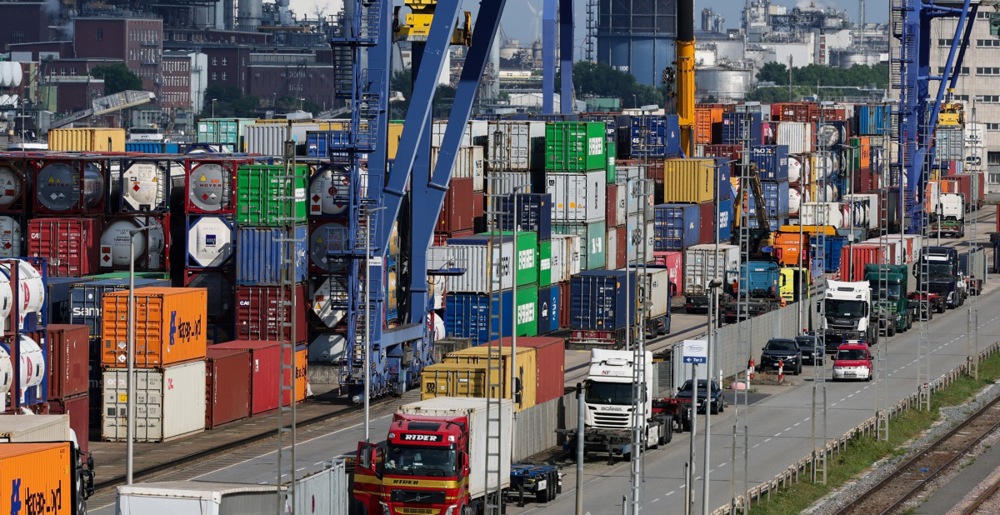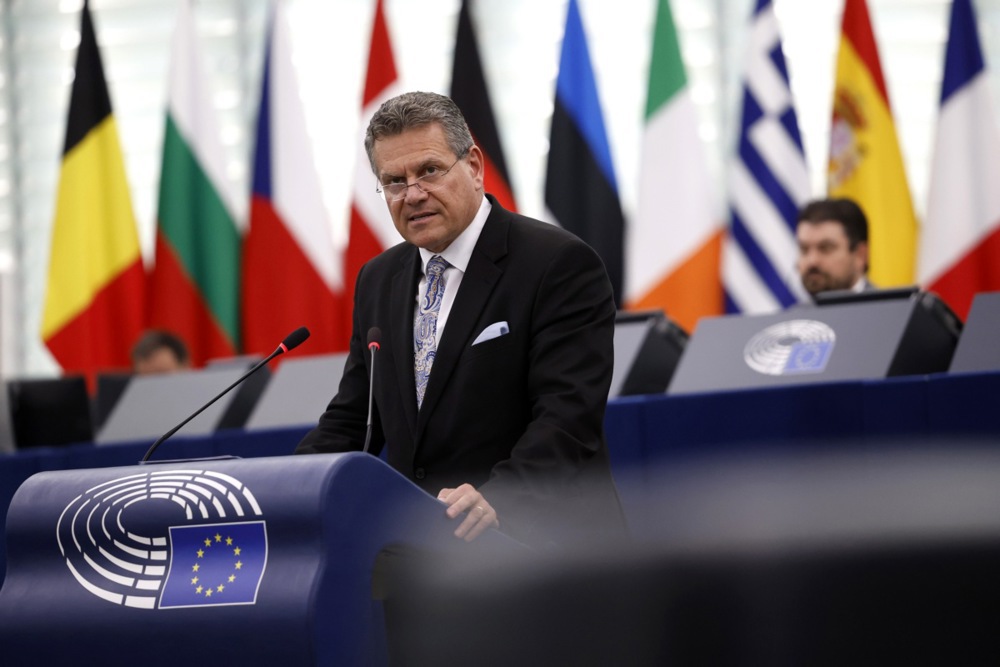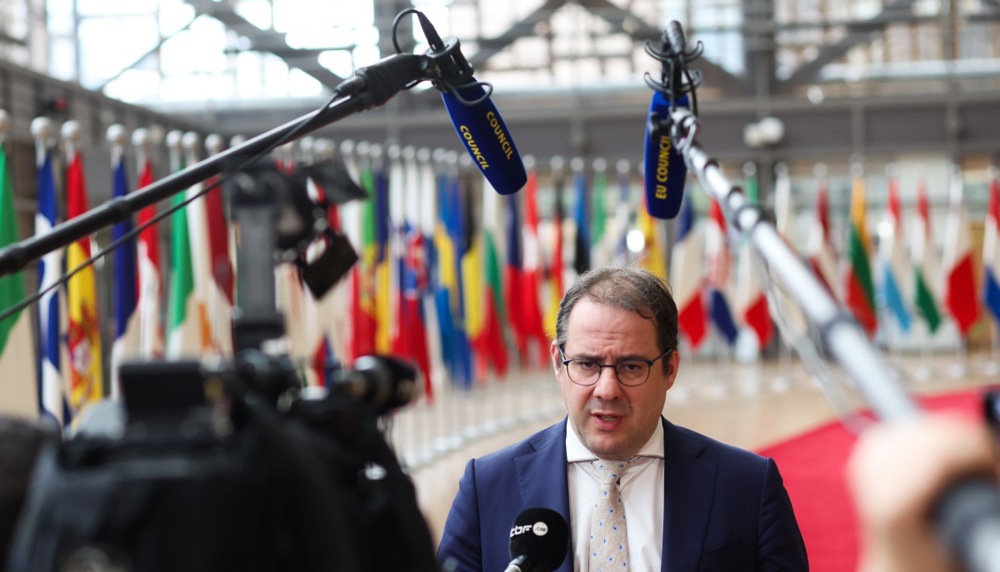European consumers are quietly rescuing EU growth — even while boycotting US brands. Retail sales are rising across Europe despite economic anxiety, price volatility, and growing doubts about American imports.
In June, retail trade volume increased by 3.1 per cent year-on-year in both the EU and euro area, according to the latest data published by Eurostat, the statistical office of the EU, on August 6. Compared to the previous month, volumes were also up by 0.3 per cent, marking a recovery after declines in May.
The figures suggest that household spending remains resilient, even as broader economic signals, including persistent inflation and new trade tensions, create uncertainty. In particular, recent tariff measures introduced by the US have sparked both economic debate and public reaction across several European countries.
These include declines in bookings for American airlines and hospitality chains, reflecting a tangible impact of boycott actions on consumer behaviour.
In Belgium, a survey earlier this year indicated that one in two citizens would consider avoiding American goods in response to the US tariffs on European steel, electric vehicles, and other goods. The issue has grown more prominent in public discourse following the formal adoption of the EU-US tariff deal at the end of July.
Despite this, the retail sector has seen modest but consistent growth. Recent figures reflect continued consumer activity, especially in food, clothing, and household categories, the latest ING Think report shows. The analysts also observed that spending patterns appear to be shifting, possibly as a response to evolving price structures or product preferences.
ING economists note that the retail rebound reflects resilient consumer confidence amid economic uncertainty, supported by steady employment and wage growth in several EU countries. However, they caution that rising inflation and geopolitical tensions could dampen spending momentum later in the year.
Retail experts point to a trend of local substitution, where consumers respond to international price pressures or political concerns by opting for domestic or intra-EU alternatives. Reports from CNBC from July 22 highlighted examples of changing brand loyalty and adjustments in travel preferences across multiple EU countries.
According to a BBC analysis published July 28, these changes may be partially driven by consumer responses to global trade policy, rather than solely by personal financial confidence.
Some economists view the retail rebound as a temporary shift, while others note that politically motivated consumption may fade unless supported by broader economic fundamentals. Some also suggest that symbolic protest behaviour plays a role in shaping these trends.





